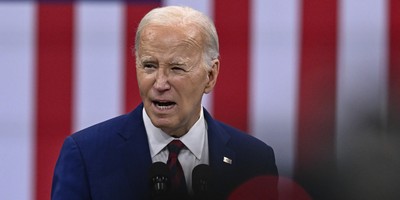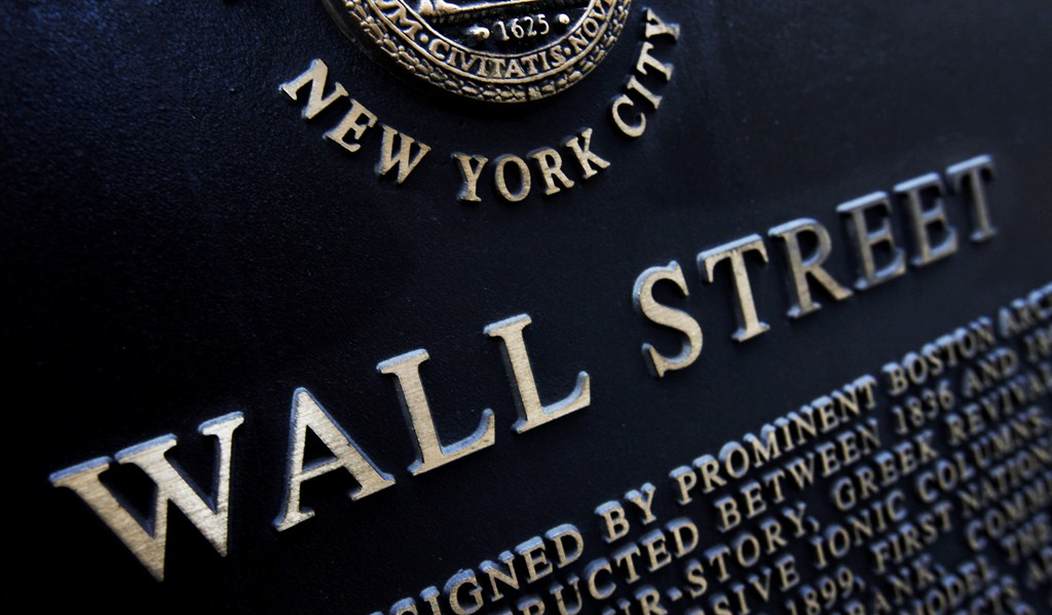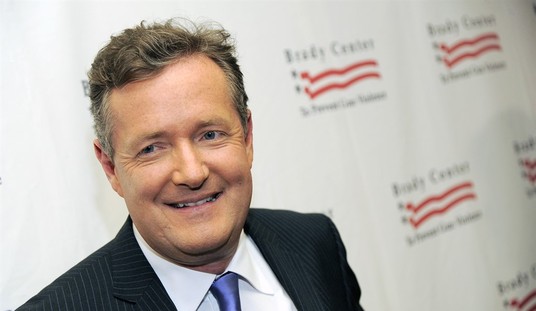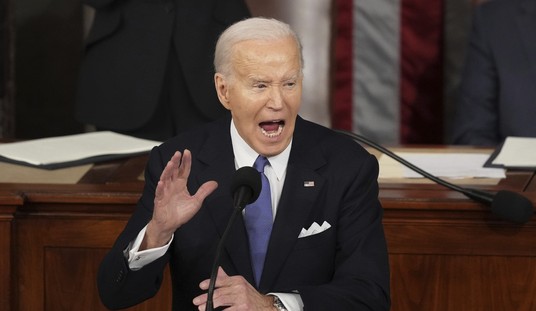LAS VEGAS--Easy-money Fed policies should steer investors away from equities and the U.S. dollar and toward buying the euro, the British pound sterling and gold, money manager Alex Merk told attendees at FreedomFest here.
Central bank policies are a key reason for investors to consider currency investing as a way to avoid the risk of equity markets, especially in the United States, said Merk, who is president and chief investment officer of Merk Investments LLC., of Palo Alto, Calif. With the U.S. Federal Reserve Bank’s policies artificially lifting the economy, inflation is starting to rise along with the risk for equities, the admittedly bearish Merk said.
In contrast, Europe’s deflationary pressures and more muted central bank policies, compared to the Fed, are strengthening the value of the euro.
“Last year, the euro was the best-performing currency,” Merk said. “This year, the pound sterling is the best-performing currency among the major currencies.”
The European Central Bank (ECB) is printing less money than other central banks in major economies and thereby boosting the value of the euro, Merk said in a follow-up interview after his presentation. Another plus for the strengthening of the value of the euro is ECB President Mario Draghi’s plan to keep interest rates down while the economy is weak, he added.
The euro still has further appreciation ahead, Merk said. In addition, the euro zone does not need economic growth for the region’s currency to remain strong.
Recommended
With the economy in the United Kingdom starting to perk up, the British pound sterling should outperform the euro during the short term, Merk said.
The strengthening pound sterling is helping London to attract foreign buyers to purchase real-estate as a safe-haven investment. Housing prices in the United States have risen, too, but the Fed’s monetary policy actually is causing inflated real estate prices, Merk said.
However, the United States has not yet fixed the problem of people lacking the wealth to support home prices, Merk said.
U.S. real estate prices have been going up at the high end but falling at the low end, Merk said. That situation shows that the Fed’s monetary policy is fostering a “wealth gap.”
“If people take on too much debt, they fall through the cracks,” Merk said. “If you want to make homes more affordable, lower the prices.”
The Fannie and Freddie mortgage-lending system is “a Ponzi scheme,” Merk said. U.S. government policies have been spurring low-rate loans for many investors that cannot afford to pay them back, he added.
In contrast to bullish investors who spoke at the conference, Merk said he is “horrified” by the equity markets.
“Volatility scares me,” Merk said.
However, the fall in the price of gold last year and rising inflation in the United States are boosting the investment prospects for gold, Merk said. For that reason, Merk launched a new gold exchange-traded fund in May. The Merk Gold Trust (OUNZ) seeks to provide investors with a way to buy gold and have the option of taking physical delivery of the precious metal.
“I like gold because there is too much debt in the world,” Merk said. “Governments such as the United States, Japan and others cannot afford high interest rates.”
Another bearish investor who spoke at the event is Peter Schiff, CEO of Euro Pacific Capital, based in Westport, Connecticut. Schiff also likes gold as an investment.
“Inflationary policies will create bubbles and not produce real and sustainable economic growth,’ Schiff warned.
Institutional investors are buying homes and creating a potentially larger real estate bubble, Schiff added.
Meanwhile, the U.S. economy is shifting to adding part-time jobs at the expense of full-time jobs, Schiff said.
Improved earnings are a “mirage” and driven by the Fed’s easy-money policies, Schiff cautioned.
“What will bring the party to the end is when the Fed later this year needs to admit it was wrong about the economy, which is not recovering as hoped,” Schiff said.
Official measures of U.S. inflation already are above 2%, Schiff said. The risk is that the Fed will need to respond to prop up the dollar’s value or incur a dollar crisis with runaway inflation, he added.
Alex Green, an investment analyst and author, countered the investment bears by saying that U.S. corporate profits are at an “all-time record high.”
The risk of a bear market can be negated by using stops to protect investment profits, Green said.
All of the great investors didn’t analyze Fed policy, Green said. They searched for companies selling for less than they are worth, held them and profited, he added.
Paul Dykewicz is the editorial director of Eagle Financial Publications and a columnist for Townhall and Townhall Finance.

























Join the conversation as a VIP Member